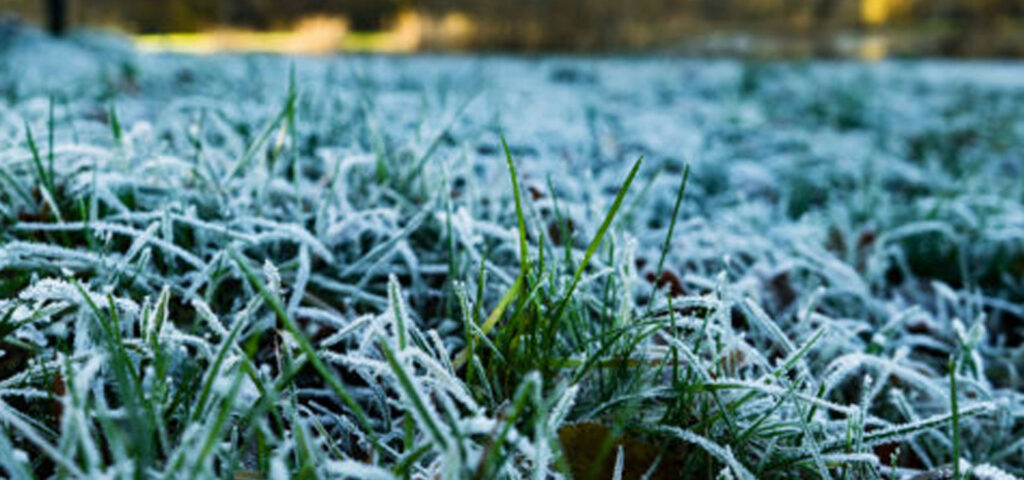Winter lawn care is essential for maintaining a healthy and vibrant lawn, even during the colder months. Here are some key treatments and tips for winter lawn care
Continue Mowing:
Keep mowing your lawn as needed until the grass stops growing. However, raise the mower height slightly to avoid cutting the grass too short, which can make it more susceptible to winter stress.
Remove Leaves:
Regularly remove fallen leaves from your lawn to prevent them from smothering the grass and creating an environment for diseases
Aerate the Soil:
Aerating your lawn in late fall or early winter helps alleviate soil compaction and allows nutrients, air, and water to penetrate the roots more effectively.
Fertilise:
Apply a winter fertiliser with a lower nitrogen content to promote root growth and overall health. This should be done in late fall, allowing the grass to absorb the nutrients before going dormant.
Overseeding:|
If your lawn has bare patches or thin areas, overseeding in late fall or early winter can help establish new grass and improve overall turf density.
Control Weeds:
Winter is a good time to address persistent weeds. Apply herbicides selectively to control weeds without harming the dormant grass. Always follow the product instructions.
Watering:
While grass growth slows down in winter, it’s still important to water your lawn periodically, especially during dry spells. Ensure the soil doesn’t completely dry out.
Protect from Foot Traffic:
Try to minimise foot traffic on your lawn during the winter months. Grass blades can be more fragile in colder temperatures, and compaction can lead to damage.
Snow Mold Prevention:
If you live in an area prone to snow, take preventive measures against snow mold by raking up leaves and debris before the first snowfall.
Winterise Equipment:
If you have irrigation systems or other lawn care equipment, make sure to winterise them according to the manufacturer’s recommendations.
Remember, the specific needs of your lawn may vary depending on the type of grass, climate, and other factors. Always follow best practices for your particular situation, and consider seeking advice from local gardening experts or extension services



1 Comment
MyBlog
itstitle
excerptsa